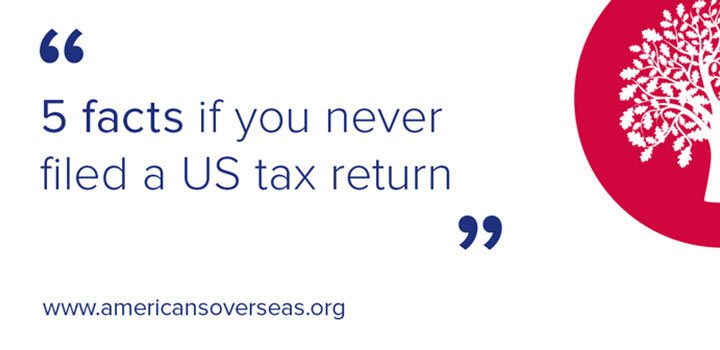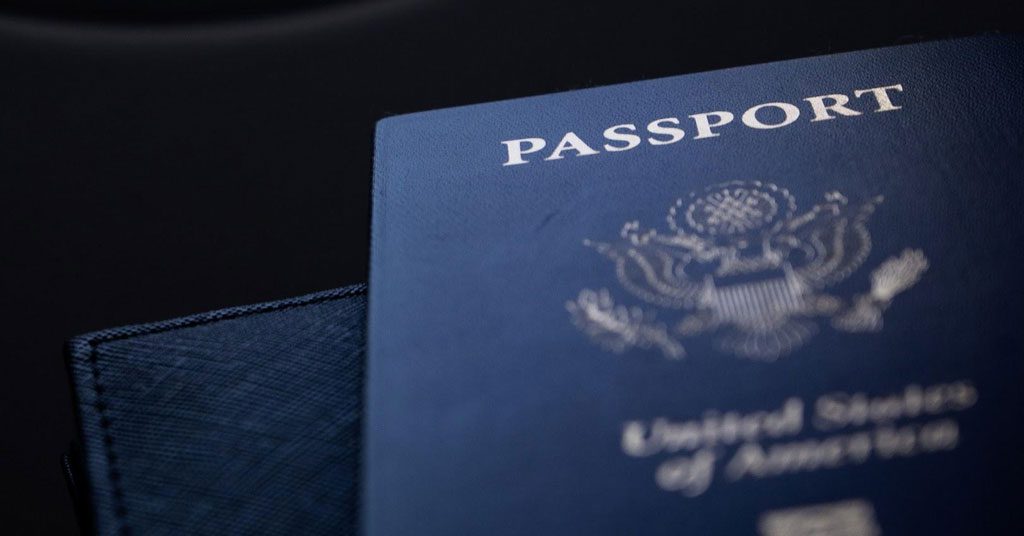
IRS ‘failing’ American taxpayers overseas

A new NTA report has stated that the IRS does not sufficiently address the unique needs of international taxpayers.
Despite a massive increase in recent years in the number of taxpayers who are being required to file tax returns from outside the US, the IRS has significantly cut back on its overseas taxpayer service presence. The IRS has done this to cut costs.
The result, the National Taxpayer Advocate said in its annual report to Congress this week, is that taxpayers who used to be able to obtain help from overseas offices now must either call an overwhelmed, tolled IRS telephone number in the US. Or obtain information from the irs.gov website.
The IRS “eliminated the last four tax attaché posts abroad. Citing a multi-year decrease in its appropriations”. At the same time it is making plans “to expand its international criminal investigation locations”, the NTA’s report added.
“Apart from the attachés, the only free option for taxpayers to ask a specific question and receive a response from an IRS employee was the Electronic Tax Law Assistance Program (ETLA). ETLA allowed the IRS to learn directly from taxpayers what problems and questions they had. And how it needed to update its web pages and publications to provide the necessary information. The IRS terminated ETLA in October 2015.
In conjunction with terminating this program, the IRS also discontinued R-mail. R-mail was a system that allowed customer service representatives to refer taxpayer questions to employees with specific expertise.
American taxpayers living abroad
“By eliminating ETLA and R-mail, the IRS has shut itself off from (overseas) taxpayers. With no way of knowing whether it is providing the service taxpayers need. Unless the taxpayer makes a mistake. Or the IRS selects his or her return for audit.”
The National Taxpayer Advocate “has repeatedly written in past annual reports about the unique needs of international taxpayers”. Needs that the IRS has been slow to address.
The report comes as the estimated 8.7 million Americans living outside of the US continue to struggle with the American system of taxing. The system is based on citizenship rather than residency. The US is the only major country in the world to do so.
Although the system of taxation isn’t new, the US began enforcing it recently. Initially by requiring expats to file foreign bank account reports. And then, to meet a package of new rules contained in a 2010 law known as the Foreign Account Tax Compliance Act (FATCA).
Citizenship renunciations have been soaring in response to the tax crackdown. Even though the cost of renunciations has also soared.
One of the first things the NTA says the IRS ought to do, to improve its handling of expatriate Americans, is to “reopen the four international tax attaché offices that it recently closed. And to provide funding for TAS to establish one LTA (local taxpayer advocate) position at each of them”.
The Taxpayer Advocate made five other recommendations.
- The IRS should conduct impact studies to determine the effects on taxpayer service, compliance, and revenue that would be achieved by the opening of additional tax attaché offices around the world.
- The IRS should re-establish the ETLA or a similar program. “With time-frames for responses, and create a process for using the information from ETLA inquiries in updates to IRS internal and external materials. Including the irs.gov website.”
- The IRS should allocate funding in order to provide an additional telephone service. A service to “accommodate the need created by the expansion of international [tax law] enforcement activities”.
- The IRS should create a task force that would analyze and provide a report, within one year, on the barriers to VOIP (voice over internet protocol) usage. And the possibility of partnering with the US Department of State to employ VSD technology for taxpayers at US embassies and consulates.
- The IRS should reinstate a body known as the International Individual Taxpayer Assistance. This team was originally set up in 2012 when the problems being faced by American expat taxpayers were beginning to make headlines. Although the team was “initially instrumental in updating and streamlining various international IRS webpages, the team’s efforts have flagged in recent years.”. It was not helped by the fact that the IRS “declined to adopt the National Taxpayer Advocate’s 2012 recommendations to make the team permanent. With a formal charter and required periodic reporting”. And “not surprisingly… has been largely inactive recently”.
Americans Overseas
Americans Overseas informs local and European parliaments about the effects and issues European citizens face with these recently introduced laws. By continuously putting the topic on the agenda and giving it attention, several changes have been achieved.
We started Americans Overseas to assist people from all over the world by providing accurate information to prevent unnecessary panic and offering free and non-binding assistance. If necessary, we have a network of affordable professionals (accountants) who can help you with your tax obligations.
If you have more questions about the implications of FATCA data transfers for accidental Americans, you can contact us at Americans Overseas.
Contact us for more information
Helen Burggraf is a renowned journalist who has written for the WSJ EXPAT and an international advisor. She is American by birth and has lived in London for the last 20 years of her life. Helen Burggraf has been writing about American Expat issues for years. She reported on FATCA before the law was even signed into effect.
This article first appeared on 11th of January 2016 on the website international investment.
Frequently asked questions
Understanding the US tax system, the obligations, and all the additional terms can be difficult. Especially if one lives outside of America. Is your question not answered? Contact us.
-
Who is required to file taxes in the US?
U.S. citizens and resident aliens who live abroad are generally required to file a federal income tax return and pay taxes on their worldwide income.
Read more... about Who is required to file taxes in the US? -
Do US citizens living abroad still have to file taxes in the US?
Yes, US citizens are required to file taxes on their worldwide income, regardless of where they are living.
Read more... about Do US citizens living abroad still have to file taxes in the US? -
How can I cash my US check?
Received an American check? You can cash your check in the following ways: cash the check at your own bank, transfer to another person (endorsement), cash checks using an online service or cash the check by another bank.
Read more... about How can I cash my US check? -
Are there any special tax forms required for US citizens living abroad?
US citizens living abroad may be required to file Form 2555 and/or Form 1116 to claim the foreign-earned income exclusion.
Read more... about Are there any special tax forms required for US citizens living abroad? -
What is FBAR filing?
FBAR (Foreign Bank Account Report) filing is the requirement for certain U.S. individuals and entities to report their foreign financial accounts to the Financial Crimes Enforcement Network (FinCEN) of the U.S. Department of Treasury. The FBAR filing requirement applies to U.S. persons who have a financial interest in, or signature authority over, one or more foreign financial accounts if the aggregate value of those accounts exceeds $10,000 at any time during the calendar year.
Read more... about What is FBAR filing?





